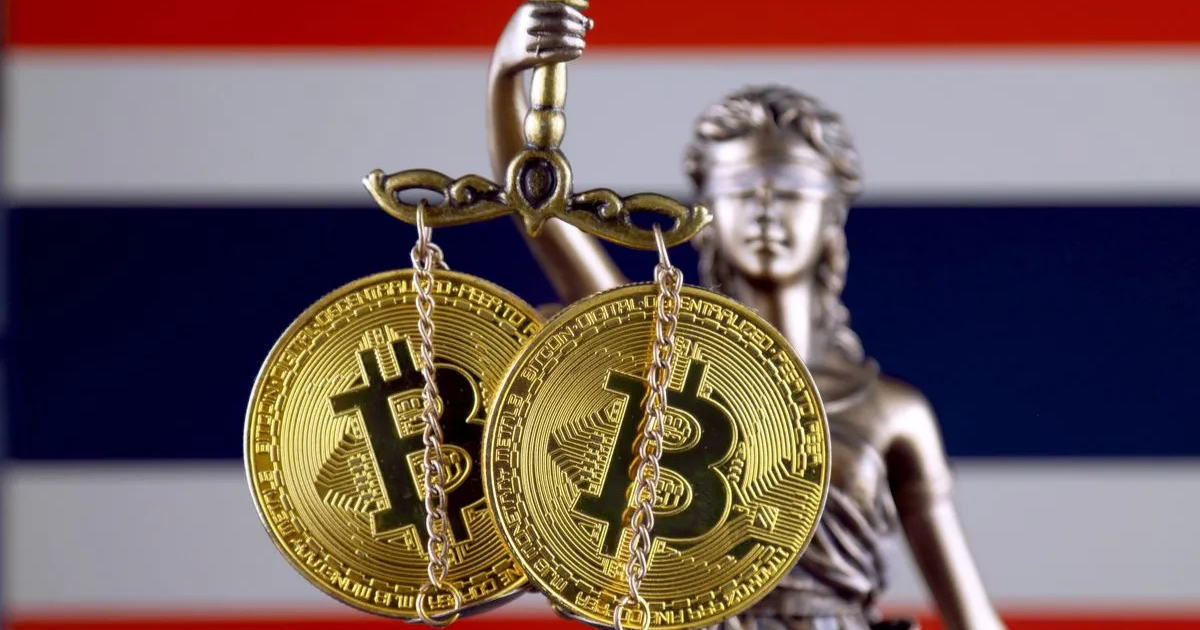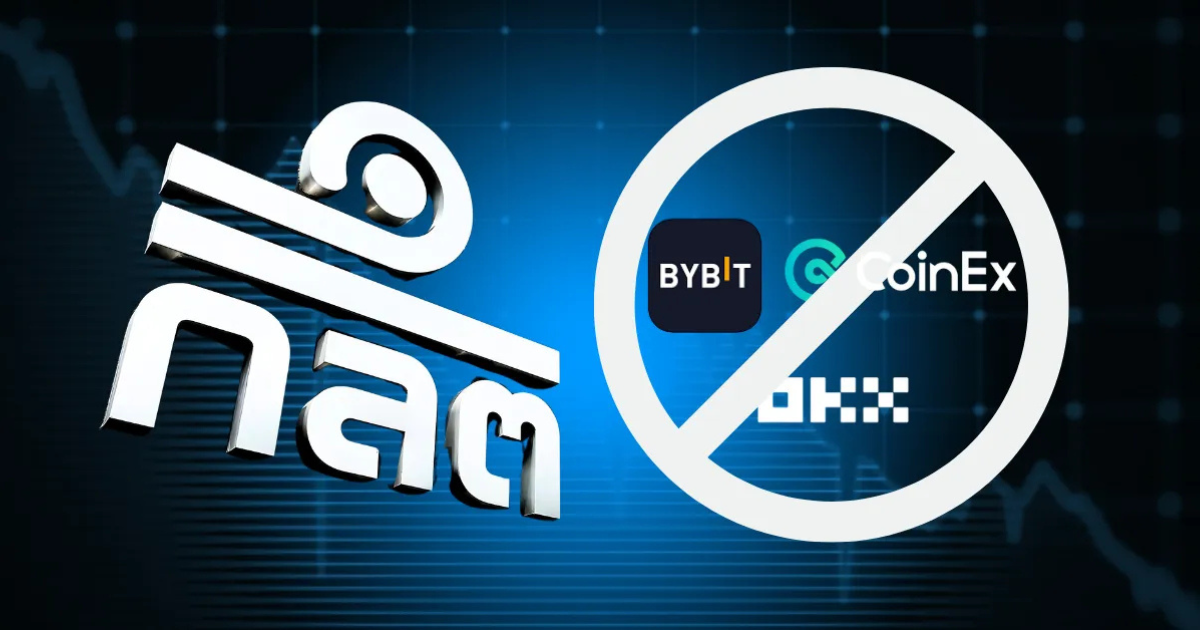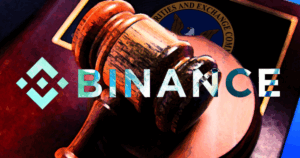Because of licensing issues, the Securities and Exchange Commission in Thailand has stopped five big cryptocurrency exchanges from serving the country as of June 28, 2025. The action is focused on Bybit, OKX, CoinEx, 1000X and XT.COM to achieve compliance with the local regulations.
The Thai SEC revealed on May 29 that the websites are being blocked countrywide for not complying with the Digital Asset Business Act.
Key-Takeaways:
- In June 2025, Thailand’s SEC imposed a ban on five major crypto exchanges because they did not follow the Digital Asset Business Act.
- Because of the move, Thailand’s crypto market is secure and those who try to conduct illicit activities are discouraged from doing so.
Behind the Crackdown

In Thailand, Licensing Issues are handled according to the Royal Decree on Measures for the Prevention and Suppression of Technology Crimes. From April 13, 2025, this law was put into effect.
It enables the Ministry of Digital Economy and Society to take down illegal digital asset platforms. The purpose is to ensure that people do not trade through platforms that do not have the necessary licensing information.
Under Thailand’s Digital Asset Business Law, the framework identifies foreign peer-to-peer cryptocurrency services as digital asset exchanges and imposes regulations on them. Because of this, Thai authorities are placing greater attention on Licensing Issues to protect investors and stop illicit activities.
Amendments to emergency decrees by Cabinet allow the government to more effectively deal with Licensing Issues related to digital assets. The new rules seek to block unlicensed foreign companies from illegally providing crypto services in Thailand.
Trade Responses and Attempt to Follow Requests

The Licensing Issues raised by the Thai authorities were acknowledged by Bybit officials, who affirmed that they always aim to be transparent and follow local laws in all regions. According to the exchange, the company is “working closely with regulators to find out more” about the Licensing Issues.
In response to Licensing Issues, OKX assured that they were working hard to stop illegal activities, including money laundering. An OKX spokesperson said, “Working with regulators helps ensure the digital asset industry grows in a responsible manner,” reflecting their position on handling regulatory matters.
Many exchanges are encountering significant trouble as they race to settle Licensing Issues before the set deadline of June 28. People using these platforms have been told to protect what they own and use officially registered ones to avoid losing funds.
The Effect on Thai Cryptocurrency Market

Solving these Licensing Issues will bring major shifts to Thailand’s cryptocurrency industry. Understanding that unregistered platforms lack licenses, the Thai SEC points out that users may fall prey to scams and risk being part of money laundering activities.
With its measured digital asset laws, the government shows it wants to fix licensing issues yet continue to build the market. New initiatives involve tourists being able to purchase things with cryptocurrency and the island may introduce and sell $150 million in digital investment tokens.
Getting government approval for Tether’s USDT and Circle’s USDC demonstrates that resolving Licensing Issues can help businesses enter the regulated exchange market. The stablecoins were cleared to be listed on regulated exchanges across the country after meeting such compliance standards.
Thai regulators made the industry aware in April 2024 that they would deal with unlicensed exchanges to correct licensing problems. The enforcement action now underway marks the end result of the whole regulatory process.
Conclusion

Protecting investors and financial institutions by focusing on licensing issues is a main priority in Thailand’s crypto rules. Blocking five big exchanges sends the message that legal rules are being followed by the government. Many established platforms will not work with users who are not licensed.











